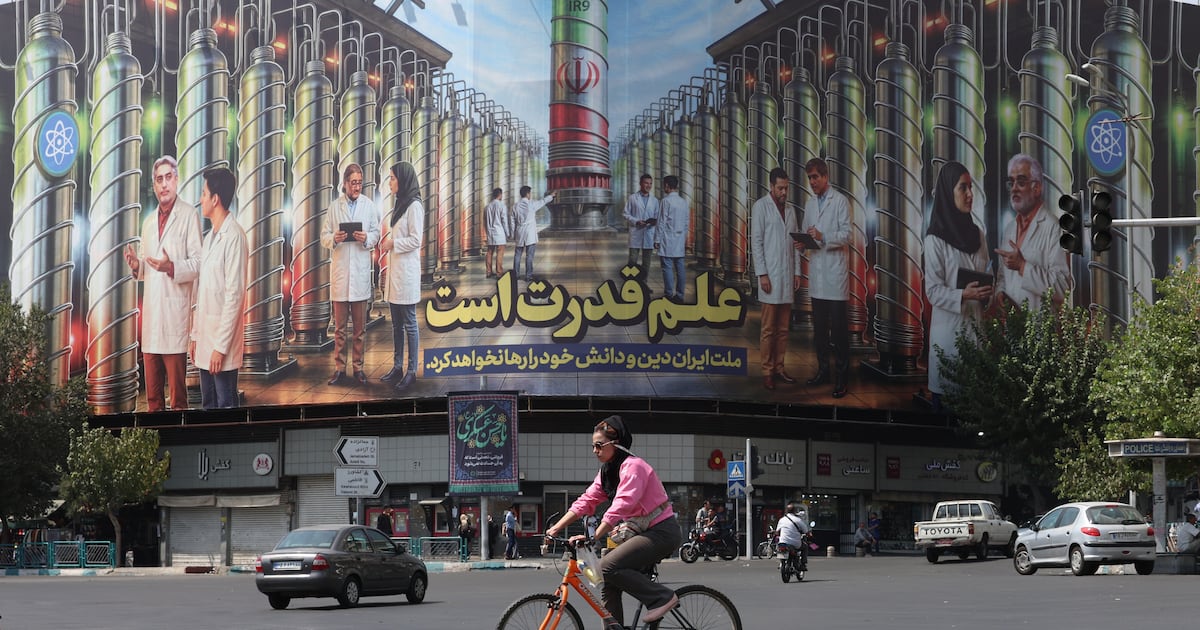Iran and the International Atomic Energy Agency will resume talks in Vienna in the coming days on restarting site inspections, the UN nuclear watchdog has said.
The announcement comes amid questions over the fate of Iran‘s stockpile of uranium enriched close to weapons-grade, which has been increasing steadily and reached 440kg in June before the war with Israel.
An IAEA report on Wednesday gave details of the discussions between it and Iran over the past 45 days about the resumption of inspections. A technical team from the IAEA held talks in Tehran with Iranian officials on August 11, the report said.
It added that Iran sent a letter providing a detailed draft of a “new arrangement”, under which the IAEA would have to submit its requests for inspections of undamaged nuclear centres “on a case-by-case basis”.
Discussion between Iran and the IAEA will resume in Vienna in the next few days, it said.
According to the report, as of June 13, the day Israel started the war, Iran had 440.9kg of uranium enriched up to 60 per cent, an increase of 32.3kg since May.
In recent years, Iran’s stock of uranium enriched to 60 per cent has been growing steadily, often in monthly or bi-monthly increments of a few dozen kilograms. The last reports before June showed similar month-to-month increases in the range of 15kg to 30kg.
Return of sanctions
It remains unclear just how much the Israeli and US strikes disrupted Iran’s nuclear programme. Iran is believed to have moved its stockpile of uranium, enough for six to nine atom bombs if enriched at 90 per cent, away from the main sites before the strikes.
The new report comes after Britain, France and Germany last week launched a 30-day process to reimpose UN sanctions on Iran over its nuclear programme, saying Tehran has not stuck to a 2015 deal that lifted the restrictions.
Known as the “snapback mechanism”, the procedure will lead to the reinstatement of a raft of sanctions that could deal a blow to an already struggling Iranian economy.
Iran said it is committed to diplomacy to prevent European countries from reimposing sanctions over its nuclear programme, but warned that Tehran will not negotiate under “threats or coercion”.
Israel’s war with Iran led to the killing of senior Iranian military commanders and hundreds of other Iranians. Iran retaliated with barrages of missiles on Israeli military sites, infrastructure and cities. The war ended on June 24, two days after the US entered the conflict with strikes on Iranian nuclear centres.
Iran has accused the IAEA of giving Israel a pretext to attack it after the UN nuclear watchdog’s 35-nation board of governors passed a resolution on June 12 formally declaring Tehran in breach of its non-proliferation obligations for the first time in almost 20 years.
Iran claimed the move was “clearly designed to produce a crisis”, which the IAEA has rejected.
